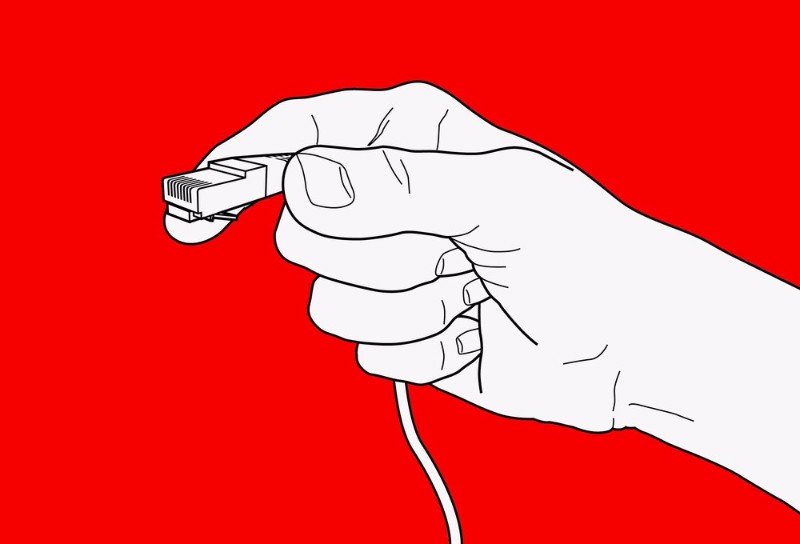Semalt: Insight Into Computer And Internet Fraud

Computers provide an avenue for cyber bullies to attack most websites. Most of our e-commerce websites and online strategies involve things such as web development and Search Engine Optimization (SEO). The idea of hackers striking and stealing valuable information does not click our mind. Consequently, most of the e-commerce websites, as well as some blogs, are subject to hackers. Internet fraud cases like identity theft, credit card scams as well as money laundering occur under the facilitation of spamming and hacking techniques.
Computer fraud has laws in the statuary body, which govern the usage of computers and internet as a resource. Cases of internet fraud have laws governing them, and the culprits can face a sentence for any unlawful acts on the web. The Computer Fraud and Abuse Act (CFAA) views internet fraud as any brutal authorization of a computer system or exceeding the authorization, which a user or a web-based system applies. These situations refer to a computer as any PC, which is affecting interstate or foreign commands.
Lisa Mitchell, the Semalt Customer Success Manager, presents some of the computer frauds in action:

- The famous Nigerian scams. You may have come across these regular emails coming from a filthy rich "Nigerian Prince." Most of these mass scammers tend to argue they have a lot of money somewhere but need some small amount to get access to it. Upon promising a generous share, they lure you into giving cash, and that is usually the end of the story. The prosecution of these internet frauds under 18 U.S.C. § 1028 Fraud and Related Activity in Connection with Identification Documents, Authentication Features, and Information.
- The brute access of information from a person's computer without their consent. In most cases, identity theft starts in this manner from a domestic setup. Hackers can use this method to collect numerous identity cards, SSNs as well as other relevant documents like driving license.
- Spamming clients through emails. Emails containing spam have motives behind such as phishing as well as using viruses to get to a victim's computer. For instance, one can include Trojans in an email attachment, which can execute some of the mass spamming tasks.
- Sending malware or unwanted programs, which can perform some executions on the target PC. In most cases, there are different ways through which these viruses attack a victim computer. The intention behind most hacks is unclear. Computer Fraud and Abuse Act (CFAA) deems these acts as internet fraud and can sentence someone according to 17 U.S.C. § 506 Copyright Infringement - Criminal Offenses.

Conclusion
Every e-commerce or online transaction can be subject to internet fraud. E-commerce website owners lose lots of cash to fraudsters who hack into many websites and take away valuable information. With the ongoing identity theft cases, there are more cases of internet fraud now than ever. The tools which hackers use to hack most websites keep getting better as the age of internet progresses. Some cases of internet fraud and possible ways to correct them are in this guide. You can learn different ways how Computer Fraud and Abuse Act (CFAA) deals with cyber criminals such as hackers and how to solve some of these cases.